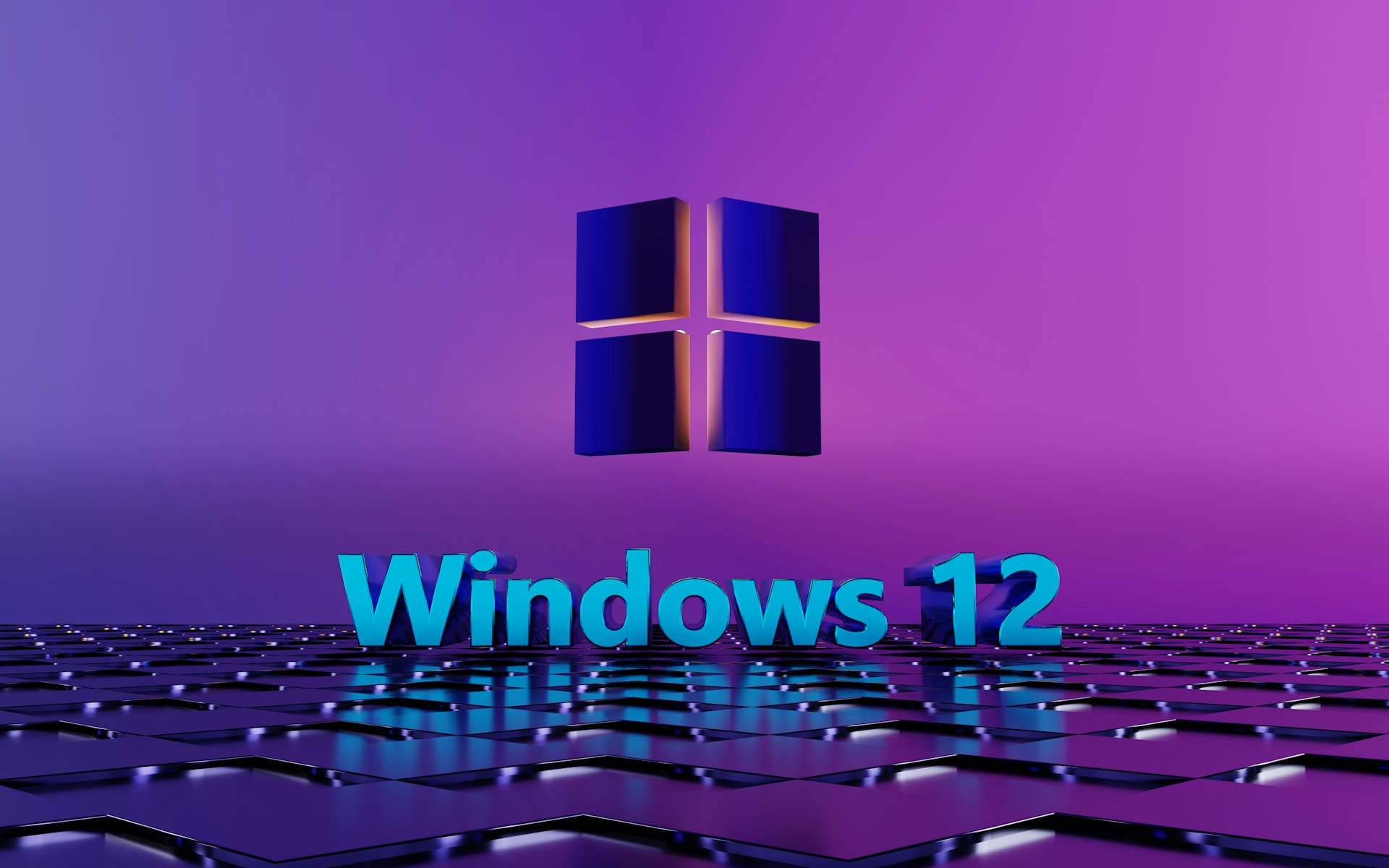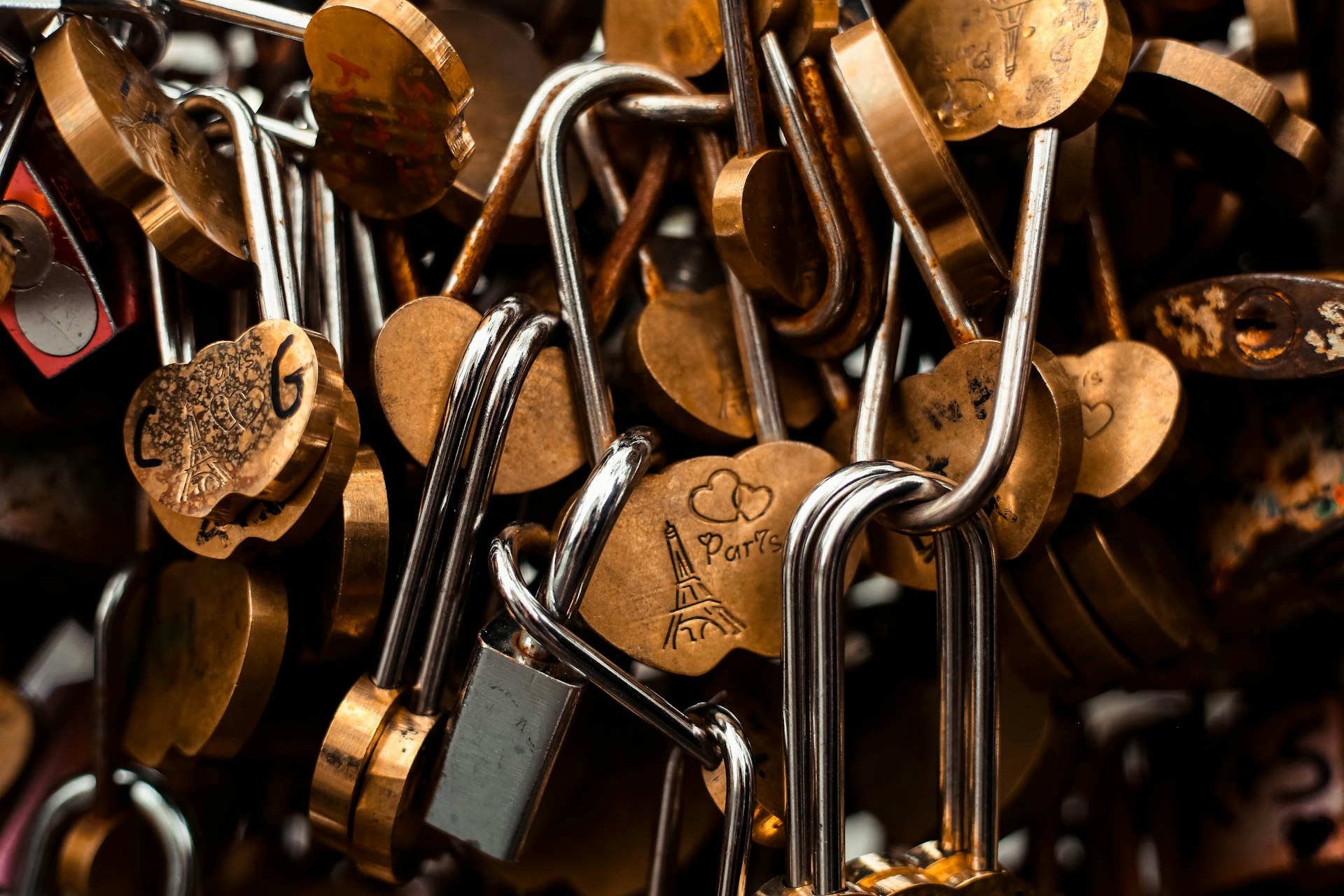NFT Innovation 2025: Expanding Real-World Utility Far Beyond Art

Photo by George Dagerotip on Unsplash
Introduction: NFTs Move Beyond Digital Art
Non-fungible tokens (NFTs) first gained mainstream attention as digital art collectibles, but in 2025, their value proposition is rapidly expanding. Today’s NFT applications offer powerful new tools for ownership, transparency, and value exchange across multiple sectors including gaming, real estate, finance, supply chain management, and more. This article explores the most significant trends in NFT adoption beyond art, provides real-world examples, and offers practical guidance for individuals and businesses seeking to access these emerging opportunities.
Gaming: Empowering Players and Creating New Economies
The gaming industry has become a leading force in NFT innovation. Unlike traditional games, where players only rent or temporarily use digital items, NFT-powered games grant players genuine ownership of in-game assets. These assets-ranging from skins and weapons to virtual land and avatars-can be freely traded, sold, or even used across different games if supported by platform interoperability [1] , [2] .
Major platforms like
Axie Infinity
,
The Sandbox
, and
Decentraland
allow players to earn real income through play-to-earn ecosystems. For example, a player can win a rare NFT sword in one game, sell it on a secondary marketplace, and use the proceeds to acquire assets in another virtual world. Some games even allow players to purchase virtual real estate, which can be developed, rented, or traded much like physical property.
How to Access: To participate, create an account on a reputable NFT-enabled gaming platform, set up a compatible crypto wallet (such as MetaMask), and follow the platform’s onboarding instructions. Always review platform terms and verify marketplace legitimacy before making any purchases.
Challenges: The main challenges include fluctuating asset values and the risk of scams. To mitigate these, research gaming projects thoroughly and use only established marketplaces.
Real Estate: Transforming Ownership and Investment
NFTs are revolutionizing real estate by making property transactions faster, more transparent, and accessible to a wider audience. Property tokenization enables fractional ownership, so investors can purchase shares of high-value commercial or residential properties for as little as $100. Each share is represented by an NFT that entitles the holder to a proportional share of rental income or future appreciation [4] .
Smart contracts embedded within NFT deeds can automate escrow, funding verification, and title transfers, reducing closing times and transaction costs by up to 65%. Blockchain-based property records also provide immutable histories of ownership, renovations, and repairs, reducing the risk of disputes and fraud.
How to Access: Interested investors can search for regulated real estate platforms offering NFT-based property shares. Always verify the platform’s regulatory compliance and review all contracts before investing. For property owners, consult legal and blockchain experts to explore tokenization options.
Challenges: Main hurdles include evolving regulation and market liquidity. Prospective investors should monitor regulatory changes and seek platforms with clear legal frameworks.
Finance: NFTs in Decentralized Lending and Asset Collateralization
The decentralized finance (DeFi) sector is leveraging NFTs as collateral for loans, unlocking new ways to access liquidity. NFT-backed lending platforms allow users to pledge NFTs-such as virtual land, rare collectibles, or other high-value digital assets-in exchange for loans. If the borrower defaults, the NFT is transferred to the lender [1] .
This model helps users monetize assets without selling them outright, but challenges remain around accurate NFT valuation and liquidity. Innovations in NFT appraisal and insurance are emerging to address these issues.
How to Access: To participate, explore established DeFi platforms with NFT lending services. Thoroughly research platform security, terms, and NFT valuation methods before using digital assets as collateral.
Alternative Approaches: Some platforms offer NFT staking or yield-generating pools, providing alternative ways to earn passive income from NFT holdings.
Supply Chain, Provenance, and Brand Authentication
Brands and manufacturers are adopting NFTs to improve transparency, combat counterfeiting, and enhance customer trust. Each product or batch can be assigned a unique NFT, recording origin, movement, and ownership changes on the blockchain [3] . Consumers can scan a code or use an app to instantly verify product authenticity and supply chain history.
Luxury goods, pharmaceuticals, and even food products now use NFT-based provenance tracking, which helps reduce fraud and provides regulators or consumers with verifiable audit trails.
How to Access: For businesses, consult with blockchain solution providers or established supply chain platforms that offer NFT-based tracking. For consumers, look for products with verifiable authentication features and review instructions from the manufacturer on how to verify NFT provenance.
Potential Challenges: Implementation requires collaboration with supply chain partners and investment in blockchain infrastructure. To address this, companies may pilot NFT programs with select product lines before scaling up.
Identity, Credentials, and Ticketing
NFTs are being used by educational institutions and certification agencies to issue tamper-proof credentials, diplomas, and licenses. This simplifies the verification of professional qualifications and academic achievements, reducing fraud and administrative overhead [3] .
Event organizers are also leveraging NFTs for programmable ticketing and memberships. NFT tickets can reduce scalping, eliminate counterfeit tickets, and ensure that creators retain royalties from secondary sales. Some platforms even allow event organizers to offer exclusive content or experiences to NFT ticket holders.

Photo by Nabila Altenpi on Unsplash
How to Access: For credentials, contact your educational or certifying institution and request information on digital certificate options. For NFT ticketing, follow official event organizers and use only authorized sales platforms. Always confirm event legitimacy and ticket authenticity.
Regulatory Developments and Market Confidence
The evolution of NFT applications is closely tied to regulatory clarity. In 2025, there is growing optimism that major governments-including the United States-will introduce clearer legal frameworks for NFTs, particularly in financial and investment contexts [5] . Such regulations are expected to boost consumer protection, foster fair practices, and encourage serious creators and investors to enter the space.
Stakeholders are advised to stay informed about regulatory updates by monitoring official government and industry channels. If you need legal guidance, consult a technology-savvy attorney or compliance specialist familiar with blockchain regulation in your jurisdiction.
Getting Started: Step-by-Step Guidance
1. Identify Your Area of Interest: Decide whether you want to participate in gaming, real estate, finance, supply chain, or other sectors leveraging NFTs.
2. Research Platforms and Providers: Use trusted search terms such as “NFT real estate platforms 2025,” “NFT DeFi lending platforms,” or “NFT supply chain solutions.” For sector-specific guidance, consult with industry associations or seek recommendations from established blockchain communities.
3. Set Up a Digital Wallet: Create a secure crypto wallet that supports NFTs (such as MetaMask or Ledger). Carefully store your recovery phrases and enable two-factor authentication for additional security.
4. Verify Legitimacy: Always double-check platform authenticity by reviewing independent reviews, regulatory disclosures, and official announcements. Never provide private keys or sensitive information to unknown parties.
5. Monitor Regulatory Changes: Stay updated by following official communications from agencies such as the U.S. Securities and Exchange Commission or Financial Conduct Authority. Search for current guidelines on NFT investments and digital asset compliance.
Conclusion: The Expanding Value of NFTs
The NFT ecosystem is rapidly evolving, with applications that extend far beyond art and collectibles. Whether you’re a gamer seeking true asset ownership, an investor exploring fractional real estate, a business looking for supply chain transparency, or an institution issuing digital credentials, NFTs provide innovative solutions with growing real-world impact. As regulations mature and technology improves, expect NFTs to become even more deeply integrated into daily life and business operations.
References
- [1] Edge of NFT (2025). Beyond Collectibles: The Expanding Frontier of NFTs in 2025.
- [2] OSL (2025). What is the Future of NFTs? Exploring the Next Big Use Cases Beyond Art.
- [3] Crypto.com (2025). Non-Fungible Tokens: 7 Uses of NFTs Beyond Art.
- [4] Socialmedai Blog (2025). NFTs Beyond Art: Practical Applications in 2025 and Beyond.
- [5] UseTheBitcoin (2025). Are NFTs Dead And Buried? What To Expect in 2025 And Beyond.
MORE FROM findsun.net













